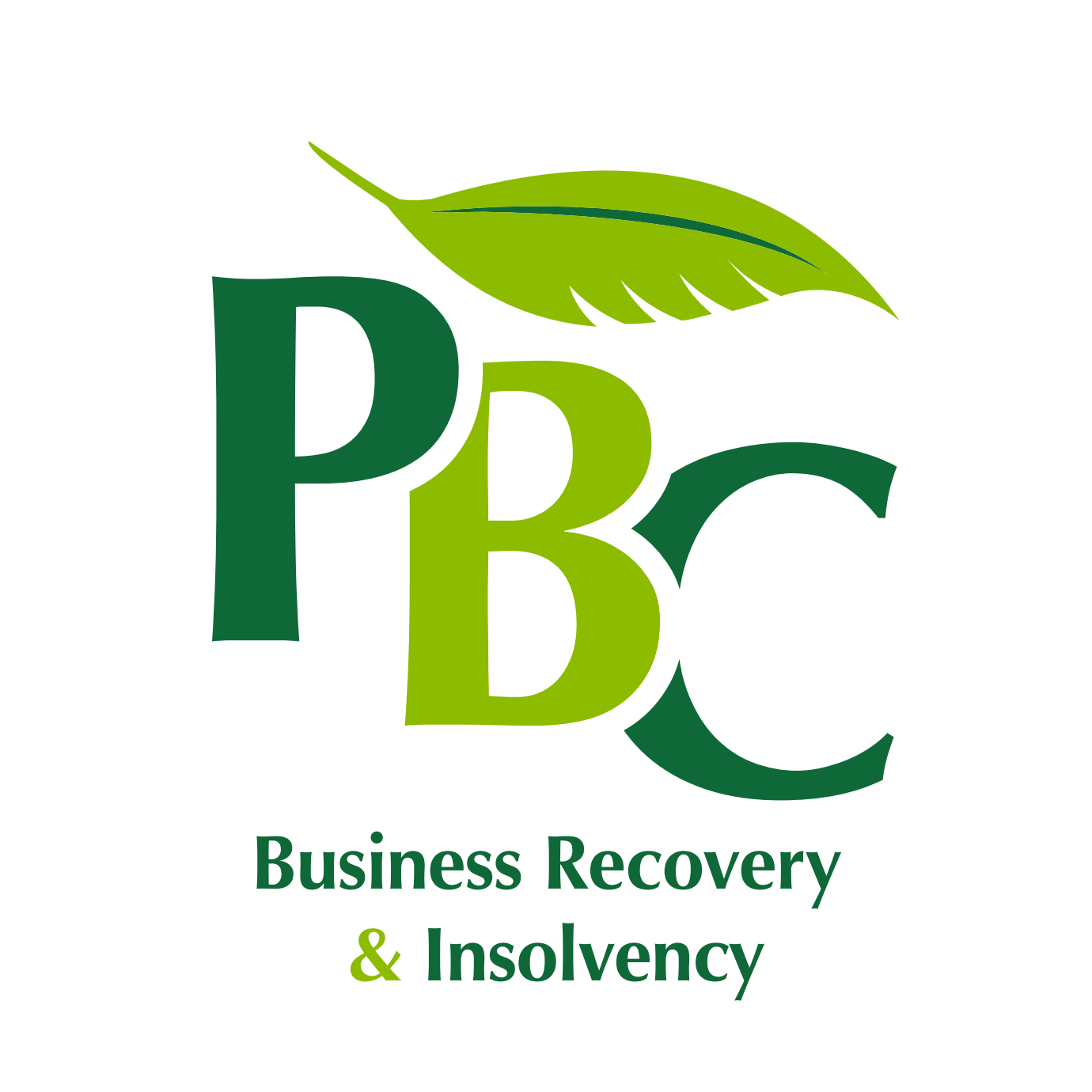How prepared are you for when the COVID-related financial support and other interim measures fall away?
With the impact of COVID the Government laid down, what was to become the Corporate Insolvency & Governance Act 2020 (“CIGA”) which became law in June 2020 and had retrospective effect to March 2020. CIGA was seen as a balancing act between the detrimental impact the severe restrictions would have for trading on one hand against shielding business from depleted cash flow on the other.
In January the House of Lords debated over the continued restrictions on creditor enforcement imposed by CIGA. These restrictions were intended to expire on 30 September but were extended to 31 December and subsequently 31 March 2021. In general, the restrictions prevented the service of statutory demands/winding up petitions, landlord enforcement and suspended wrongful trading provisions. As a result of these restrictions, the latest data suggests an unprecedented level of debt has accrued, including over £4.5 billion in rent arrears.
Furthermore, there is an estimated £70 billion of Government-backed lending, together with deferred tax liabilities, which is most likely going to make HM Revenue & Customs (“HMRC”) a major creditor in most insolvencies, resulting in them having significant influence on the destiny of businesses. This influence is made all the greater following the upgrading of HMRC to secondary preferential status when formal insolvency is required.
So, what is the good news?
Well, the Government have announced an easing of bounce back loan repayments in an effort to ease cash flow demands. In addition, recognising the resulting position of HMRC and the detrimental effect COVID has caused generally, the House of Lords have stressed HMRC need to be co-operative and engaging with a supportive approach on proposed COVID-affected corporate restructuring. Clearly, time will tell on this recommendation and I would say this commercial understanding needs to be wider by including landlords and credit controllers who are all seeking recoveries.
I asked in the title whether we are heading towards an economic cliff. Personally, I would suggest “Normal” (whatever that is) will not occur over night. So, rather than a cliff as COVID restrictions ease off, maybe the economy will experience a gradual slope.
Whatever the outcome businesses need to be pro-active. Review your cash flow and look at ways of reducing overheads, particularly while your turnover gradually starts to return to pre-COVID levels. You should engage with your creditors and for those who are owed money, a commercial understanding is going to be the order of the day. If all fails, the advice has to be to seek early advice. It is no coincidence those who do seek early advice find they have more options available then those who leave it until the last minute. As a Scout will say, “Be prepared.”
Should you have an insolvency-related issue then please contact me at PBC Business Recovery & Insolvency on (01604) 212150 (Northampton office) or (01234) 834886 (Bedford office). Alternatively, you may send an email to garypettit@pbcbusinessrecovery.co.uk or access our website at www.pbcbusinessrecovery.co.uk







